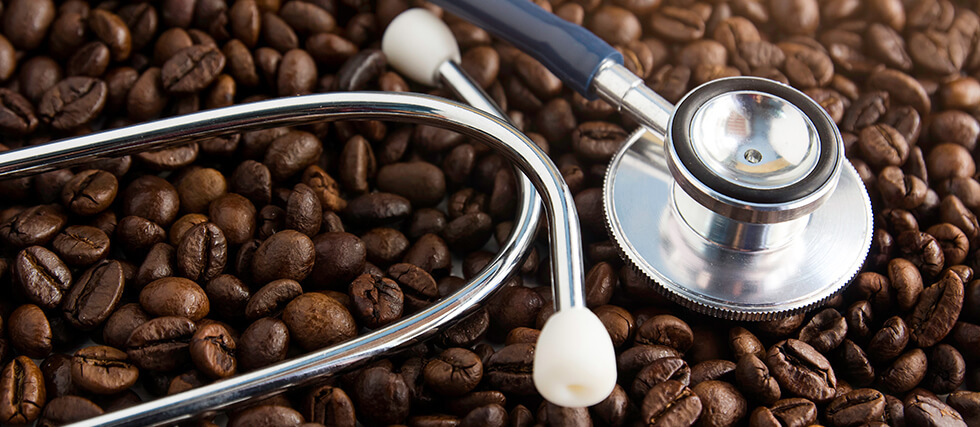Choline and Anxiety: The Brain-Boosting Nutrient You Might Be Missing
Choline is an essential nutrient that plays a powerful role in brain health, and emerging research suggests it may help support a calmer, more resilient mind. While not as well-known as magnesium or vitamin D, choline is a key player in regulating mood and stress—and many people aren’t getting enough of it.
One of choline’s most important functions is its role in producing acetylcholine, a neurotransmitter involved in memory, learning, and emotional regulation. Low acetylcholine levels have been linked to mood disorders and heightened anxiety, making choline an important nutrient to watch if you’re feeling on edge.
Choline also supports healthy methylation, a process your body uses to regulate genes tied to stress response, mood, and inflammation. Inadequate choline can disrupt this process, potentially leading to increased anxiety or difficulty managing stress.
So how can you get more choline? The best food sources are:
- Eggs (especially the yolk) – One large egg provides about 147 mg
- Beef liver – One of the richest sources available
- Salmon and cod – High-quality protein with brain-boosting choline
- Chicken and turkey
- Broccoli, cauliflower, and Brussels sprouts – Good plant-based options
The recommended intake is around 425 mg/day for women and 550 mg/day for men, but many fall short, especially if they avoid animal products.
Choline is also available in supplement form, often as alpha-GPC or CDP-choline. Both are well-absorbed and commonly used for cognitive and mood support.
If you struggle with anxiety, focusing on nutrient-rich foods—including choline sources—could be a small but meaningful step toward better mental balance. As always, talk to a healthcare provider before starting any new supplement regimen.





